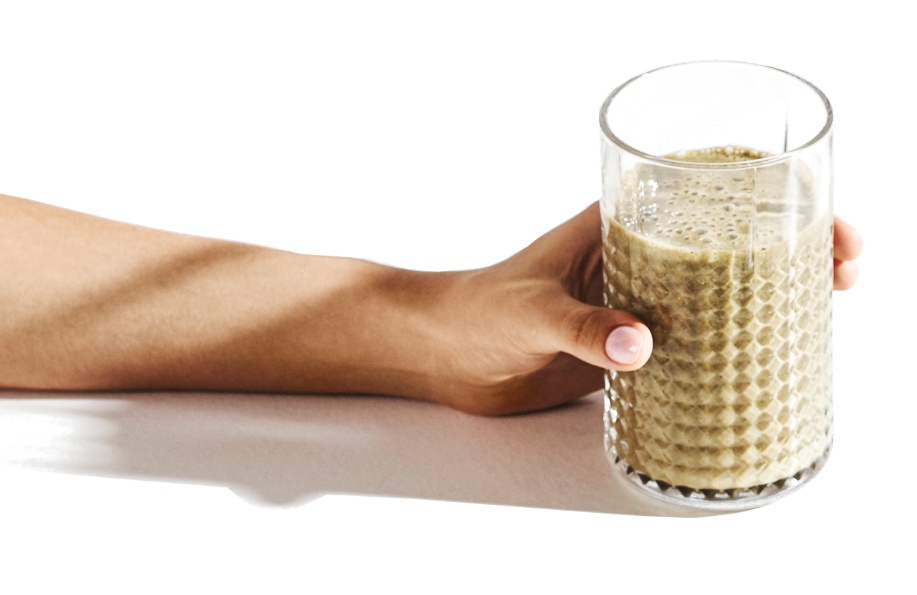




This blend of five organic herbs works as a natural antibiotic and anti-parasitic treatment for various bacteriological and viral diseases in their early stages.
Our blend includes wormwood, tansy, ginger, chamomile, and mint – each of which has been carefully selected for its potent health benefits. This blend offers a natural and safe alternative to traditional antibiotics, without the risk of harmful side effects.
Ginger Root *
(lat. Zingiber Officinale) from India
Wormwood *
(lat. Artemisia Absinthium) from Lithuania
Tansy *
(lat. Tanacetum Vulgare) from Lithuania
Chamomile *
(lat. Chamaemelum Mobile) from Germany
Mint *
(lat.
Mentha Balsamea) from Poland
* certified organic ingredient
Take 1 tsp straight into your mouth. Hold for a couple of minutes. Drink a glass of water. Repeat 7-10 days.
Recommended to use on the first days when symptoms of bacteriological or virus exposure are noticed.
It is worth noting that both wormwood and tansy can be toxic in high doses, and should only be used under the guidance of a healthcare professional.
Wormwood
Wormwood has been extensively studied for its natural anti-parasitic and antimicrobial properties. Studies have shown that wormwood contains several compounds, such as artemisinin and thujone, that have potent antiparasitic activity against a range of parasites, including Giardia, Entamoeba histolytica, and Plasmodium falciparum, which causes malaria. In addition to its antiparasitic effects, wormwood has also been shown to have antibacterial and antifungal properties, making it a potential natural treatment for various infections. For instance, a study published in the Journal of Ethnopharmacology found that wormwood extract was effective against several bacterial strains, including Staphylococcus aureus and Escherichia coli. Overall, these findings suggest that wormwood may be a valuable natural alternative to conventional antibiotics and anti-parasitic drugs.
Tansy
Tansy has been used for centuries as a natural remedy for various health conditions, including parasitic infections and microbial illnesses. The herb is rich in bioactive compounds, such as camphor, thujone, and flavonoids, which are responsible for its medicinal properties. Several studies have shown that tansy has potent antiparasitic activity against a range of parasites, including intestinal worms and protozoa, such as Giardia lamblia and Entamoeba histolytica. In addition, tansy has been found to have antibacterial, antifungal, and antiviral properties, making it a potential natural treatment for various infections. For example, a study published in the Journal of Medical Microbiology found that tansy essential oil was effective against several bacterial strains, including Staphylococcus aureus and Escherichia coli. Overall, these findings suggest that tansy may be a valuable natural alternative to conventional antibiotics and anti-parasitic drugs, although further research is needed to fully understand its mechanisms of action and potential side effects.
Ginger
Ginger is a well-known herb that has been used for centuries as a natural remedy for various health issues. The herb contains several bioactive compounds, such as gingerols, shogaols, and paradols, which are responsible for its medicinal properties. Several studies have shown that ginger has potent anti-inflammatory, antimicrobial, and antiparasitic activities. For instance, a study published in the Journal of Ethnopharmacology found that ginger extract was effective against several bacterial strains, including Staphylococcus aureus and Escherichia coli. In addition, ginger has been found to have antiparasitic activity against several parasites, including Leishmania donovani and Plasmodium falciparum. Furthermore, ginger has been shown to have potent anti-inflammatory effects, making it a potential natural treatment for inflammatory disorders, such as osteoarthritis and rheumatoid arthritis. Overall, these findings suggest that ginger may be a valuable natural alternative to conventional antibiotics, anti-parasitic drugs, and anti-inflammatory medications, although further research is needed to fully understand its mechanisms of action and potential side effects.
Chamomile
Chamomile is a well-known herb that has been used for centuries as a natural remedy for various health issues, including parasitic infections, microbial illnesses, and inflammatory disorders. The herb contains several bioactive compounds, including chamazulene and apigenin, which are responsible for its medicinal properties. Several studies have shown that chamomile has potent anti-inflammatory, antimicrobial, and antiparasitic activities. For instance, a study published in the Journal of Agricultural and Food Chemistry found that chamomile extracts were effective against several bacterial strains, including Staphylococcus aureus and Escherichia coli. In addition, chamomile has been found to have antiparasitic activity against several parasites, including Giardia lamblia and Ascaris lumbricoides. Furthermore, chamomile has been shown to have potent anti-inflammatory effects, making it a potential natural treatment for inflammatory disorders, such as colitis and arthritis. Overall, these findings suggest that chamomile may be a valuable natural alternative to conventional antibiotics, anti-parasitic drugs, and anti-inflammatory medications, although further research is needed to fully understand its mechanisms of action and potential side effects.
Mint
Mint is a widely used herb that has been traditionally used for its medicinal properties, including its potential as a natural anti-parasitic, antimicrobial, and anti-inflammatory agent. Mint contains several bioactive compounds, including menthol and rosmarinic acid, which are responsible for its medicinal properties. Several studies have demonstrated the potential of mint to inhibit the growth of various bacteria and parasites, making it a potential natural alternative to conventional antibiotics and anti-parasitic drugs. For example, a study published in the Journal of Agricultural and Food Chemistry found that peppermint oil had potent antimicrobial activity against several bacterial strains, including Escherichia coli and Staphylococcus aureus. Moreover, mint has been shown to have anti-inflammatory properties, which may make it useful in the management of inflammatory disorders such as rheumatoid arthritis and inflammatory bowel disease. Overall, these findings suggest that mint may be a valuable natural remedy for parasitic and microbial infections as well as inflammatory disorders, although further research is needed to fully understand its mechanisms of action and potential side effects.
References